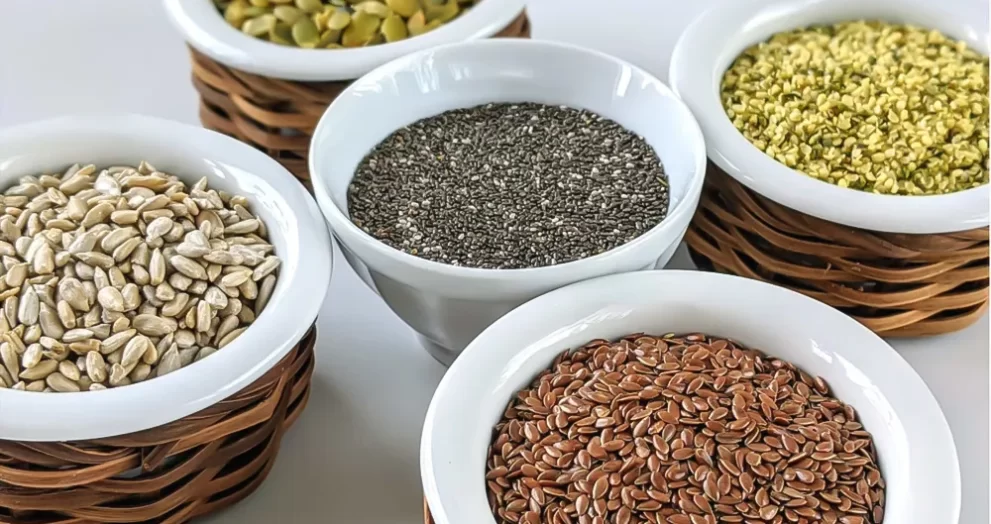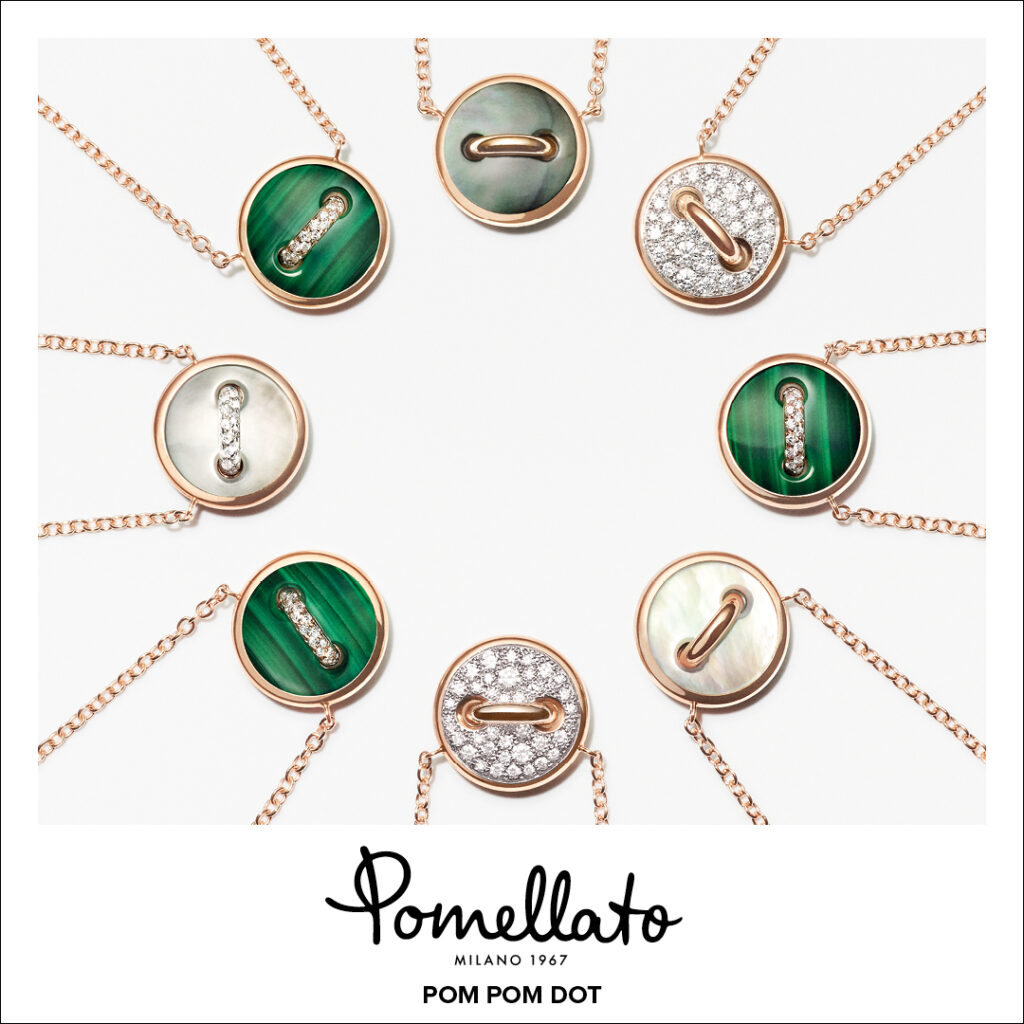MUNIRA RAHAT EXPLAINS THE UTILITY OF INCLUDING THESE IN OUR DAILY DIET
All grains and nuts are seeds, and six edible seeds are especially potent. They may be small, but we should not equate their size with stature.
Having said that there is no exact definition of what makes a ‘’superfood’’, they are considered to be nutrient powerhouses that provide large quantities of antioxidants, phytochemicals (chemicals in plants responsible for colours and smells), vitamins and minerals.
Six Super Seeds
Seeds contain all the starting materials necessary to develop into complex plants. Because of this, they are extremely nutritious. Seeds are a great source of fiber. They also contain healthy mono-saturated fats, poly-unsaturated fats and many important vitamins, minerals and antioxidants.
Flax seeds, hemp seeds, sesame seeds, pumpkin seeds, chia seeds and sunflower seeds all punch far above their weight in nutritional value. When consumed as part of a healthy diet, these seeds can help reduce blood sugar, cholesterol and blood pressure. This article will describe the nutritional contents and health benefits of the healthiest seeds you can eat.

Flax Seeds
Flaxseeds are also known as linseeds. With its mild, nutty flavour and crisp, crunchy consistency, flaxseed is a versatile ingredient that enhances the taste and texture of almost any recipe.
Flaxseed is particularly high in thiamine, a B vitamin that plays a key role in energy metabolism as wee as cell function. It’s also a great source of copper, which is involved in brain development, immune health and iron metabolism.
One serving of flaxseed provides a good amount of protein, fiber and omega-3 fatty acids. It helps lower the risk of some cancers, help maintain a healthy weight, and reduce cholesterol and blood pressure.
One way to use this seed is by mixing it into morning smoothies. It also makes excellent addition to pancake batter, homemade veggie burgers and even overnight oats.

Chia Seeds
Chia seeds are edible seeds of Salvia hispancia, a flowering plant in the mint family. Chia seeds are oval and gray with black and white spots, having a diameter of around 2 millimeters.
Chia’s have a mild, nutty flavour that works well to complement both sweet and savory dishes. They are subtle in their tastes, though some find the taste to be similar to a poppy seeds.
Chia seeds have gained attention as an excellent source of omega-3 fatty acid. They also are an excellent source of dietary fiber and contain protein and minerals including iron, calcium, magnesium and zinc.
Emerging research suggests that including chia seeds as part of a healthy eating style may help improve cardiovascular risk factors such as lowering cholesterol, triglycerides and blood pressure.
Chia’s can be eaten raw or prepared in a number of dishes. Sprinkle ground or whole chia seeds on cereal, rice, yoghurt or vegetables. Chia seeds are very absorbent and develop a gelatinous texture when soaked in water making it easy to mix them into cooked cereal or other dishes.

Hemp Seeds
Hemp seeds also known as ‘hearty seeds’ are an excellent source of vegetarian protein. Hemp is one of the few plants that are complete protein sources, meaning they contain all the essential amino acids that your body cannot make.
These small, brown seeds are rich in protein, fiber and healthy fatty acids, including omega 3s and omega 6s. They have antioxidant effects and may reduce symptoms of numerous ailments, improving the health of heart, skin and joints.
Hemp seeds can be incorporated into the diet by sprinkling whole or ground seeds on cereal or yoghurt, adding these to smoothies, baking with hemp, making hemp milk or sprinkling on salad.

Sesame Seeds
Sesame is tiny, oil-rich seed that grow in pods on the Sesamum plant. They have been used in folk medicine for thousands of years. Un-hulled seeds have outer, edible husk intact, while hulled seeds come without the husk. The hull gives the seeds a golden-brown hue. Hulled seeds have an off-white colour but turn brown when roasted.
Sesame seeds, both hulled and un-hulled are a rich source of calcium and boost bone health. It can also help reduce joint pain and support mobility in arthritis of the knee. The seeds are also a good source of several nutrients that are important for immune system function, including zinc, selenium, copper, iron, vitamin B6 and vitamin E.
Sesame seeds are commonly used in Asia and are popularly used as part of a paste called ‘’tahini’’. However, soaking, roasting or sprouting sesame seeds can improve absorption of their minerals.

Pumpkin Seeds
Pumpkin seed also known as ‘’Pepita’’ meaning ‘’little seed of squash’’ is edible seed of a pumpkin or certain other cultivars of squash.
The shell-free seed is green, flat and oval also rich in antioxidants, iron, zinc, magnesium and many other nutrients. Among other common benefits of pumpkin seeds include reduced inflammation and improved heart condition, the seed in also help in preventing certain types of cancer, symptoms of benign prostate enlargement and an overactive bladder. The high zinc content of pumpkin seeds may help male fertility.
Pumpkin seeds are used as popular snack that can be eaten either raw or roasted and salted or unsalted. Besides eating them on their own, these can be added to smoothies, Greek yoghurt and fruit bowls.
These can also be incorporated into meals, sprinkling them into salads, soups or cereals. Some people use pumpkin seeds in baking as in ingredient for sweet or savoury bread and cakes.

Sunflower Seeds
The sunflower seeds are technically fruits of the sunflower plant. The seeds are harvested from the plant’s large flower head. A single sunflower head may contain up to 2,000 seeds.
There are mainly two types of sunflower crop. One type is grown for the seeds we eat and other which is majority farmed, is grown for the oil.
There are three types of commonly used sunflower seeds; linoleic, high oleic and sunflower oil seeds. Each seed type has its own unique levels of mono-saturated, saturated, and poly-unsaturated fats.
Sunflower seeds have a mild, nutty flavour and a firm but tender texture. They are often roasted to enhance the flavour, though we can also buy them raw.
Sunflower seeds are a healthy addition to diet, providing essential nutrients and beneficial plant compounds. They are suitable source of fiber and have anti-inflammatory and antioxidant properties supporting healthy bones and skin. Sunflower seeds are especially high in vitamin E and selenium. These function as antioxidants to protect your body’s cells against free radical damage, which play a role in several chronic diseases.
Sunflower seeds make a nutty, crunchy snack and a tasty addition to countless dishes. These can be taken as an addition to trail mix, added into homemade granola bars, sprinkled on salads or cereals.
The bottom line is seeds are great source of healthy fats, vegetarian protein, fiber and antioxidant polyphenols. Furthermore, they can help reduce the risk of certain diseases. In particular, the lignans in certain seeds may help lower cholesterol and risk of cancer.
Seeds are extremely easy to add to salads, yoghurt, oatmeal and smoothies, and can be an easy way to add healthy nutrients to your diet. It also helps in weight loss and in case if you are on a weight loss journey than its better to have them on an empty stomach.
The writer is an IFA certified fitness instructor and nutrition therapist


















